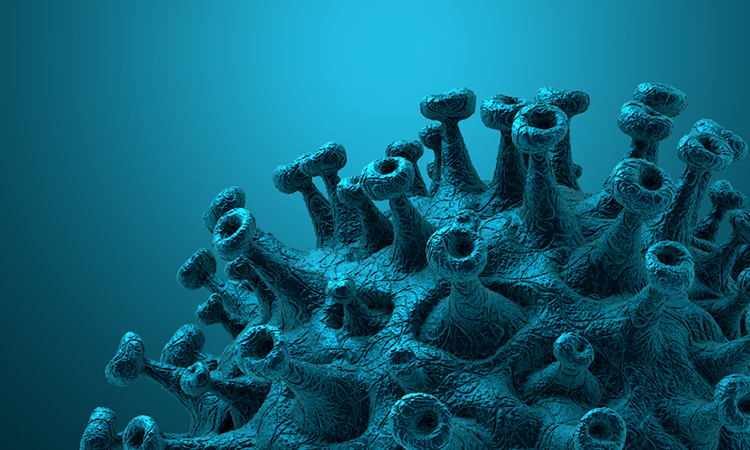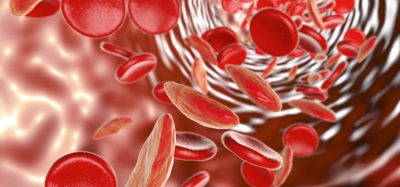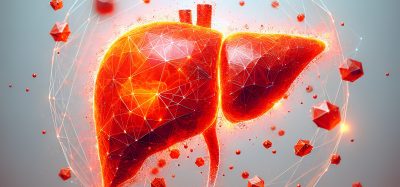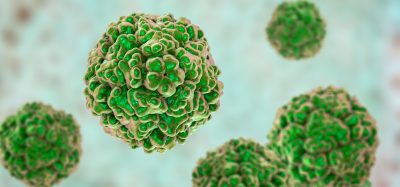SARS-CoV-2 immune cells remain in body, providing rapid response to re-infection
Posted: 27 November 2020 | Victoria Rees (Drug Target Review) | No comments yet
A research team has shown that T-cell responses specific to SARS-CoV-2 remain in the body after infection, providing immunity from mild re-infection.


Until now, it has been unclear whether a survived SARS-CoV-2 infection leads to a persistent immunological memory and can protect against a new infection. Several studies had shown that SARS-CoV-2 specific antibodies are only detectable for a few months in many people who have survived COVID-19 and may therefore only provide temporary protection against re-infection.
Now, a research team at the Medical Center – University of Freiburg, Germany, led by Dr Maike Hofmann, Dr Christoph Neumann-Haefelin and Professor Robert Thimme, has been able to show that after recovery from SARS-CoV-2 infection, immune cells are formed and remain in the body. The researchers say these immune cells could mediate a rapid immune response in case of re-infection.
The researchers defined a set of optimal and dominant SARS-CoV-2-specific CD8+ T-cell epitopes. They then performed a high-resolution ex vivo analysis of pre-existing and induced specific CD8+ T cells, using peptide-loaded major histocompatibility complex class I (pMHCI) tetramer technology.
The team observed the rapid induction, prolonged contraction and emergence of heterogeneous and functionally competent cross-reactive and induced memory CD8+ T-cell responses in cross-sectionally analysed individuals with mild disease.
They say that the coronavirus-specific memory CD8+ T cells exhibited functional characteristics comparable to influenza-specific CD8+ T cells and were detectable in COVID-19 convalescent individuals who were seronegative for anti-SARS-CoV-2 antibodies.
“These so-called memory T cells after SARS-CoV-2 infection look similar to those after a real flu. We are therefore confident that the majority of people who have survived SARS-CoV-2 infection have some protection against re-infection with SARS-CoV-2,” explained Hofmann.
The scientists say that these results define cross-reactive and induced SARS-CoV-2-specific CD8+ T-cell responses as potentially important determinants of immune protection in mild novel coronavirus infection.
“Our results suggest that immunity against SARS-CoV-2 can be achieved after an infection. Similarly, vaccines currently being tested in trials could provide significant protection against SARS-CoV-2,” said Neumann-Haefelin.
The study was published in Nature Medicine.
Related topics
Disease Research, Immunology, Research & Development
Related conditions
Covid-19
Related organisations
University of Freiburg
Related people
Dr Christoph Neumann-Haefelin, Dr Maike Hofmann, Professor Robert Thimme







